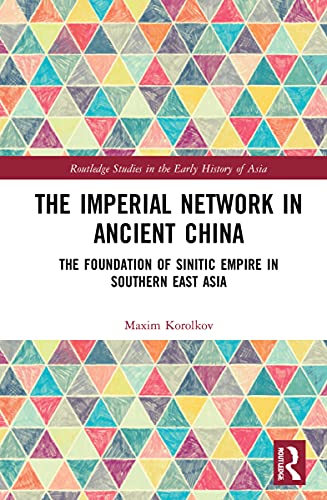

Most ebook files are in PDF format, so you can easily read them using various software such as Foxit Reader or directly on the Google Chrome browser.
Some ebook files are released by publishers in other formats such as .awz, .mobi, .epub, .fb2, etc. You may need to install specific software to read these formats on mobile/PC, such as Calibre.
Please read the tutorial at this link: https://ebookbell.com/faq
We offer FREE conversion to the popular formats you request; however, this may take some time. Therefore, right after payment, please email us, and we will try to provide the service as quickly as possible.
For some exceptional file formats or broken links (if any), please refrain from opening any disputes. Instead, email us first, and we will try to assist within a maximum of 6 hours.
EbookBell Team

0.0
0 reviewsThis book examines the emergence of imperial state in East Asia during the period ca. 400 BCE–200 CE as a network-based process, showing how the geography of early interregional contacts south of the Yangzi River informed the directions of Sinitic state expansion.
Drawing from an extensive collection of sources including transmitted textual records, archaeological evidence, excavated legal manuscripts, and archival documents from Liye, this book demonstrates the breadth of human and material resources available to the empire builders of an early imperial network throughout southern East Asia – from institutions and infrastructures, to the relationships that facilitated circulation. This network is shown to have been essential to the consolidation of Sinitic imperial rule in the sub-tropical zone south of the Yangzi against formidable environmental, epidemiological, and logistical odds. This is also the first study to explore how the interplay between an imperial network and alternative frameworks of long-distance interaction in ancient East Asia shaped the political-economic trajectory of the Sinitic world and its involvement in Eurasian globalization.
Contributing to debates around imperial state formation, the applicability of world-system models and the comparative study of empires, The Imperial Network in Ancient China will be of significant interest to students and scholars of East Asian studies, archaeology and history.